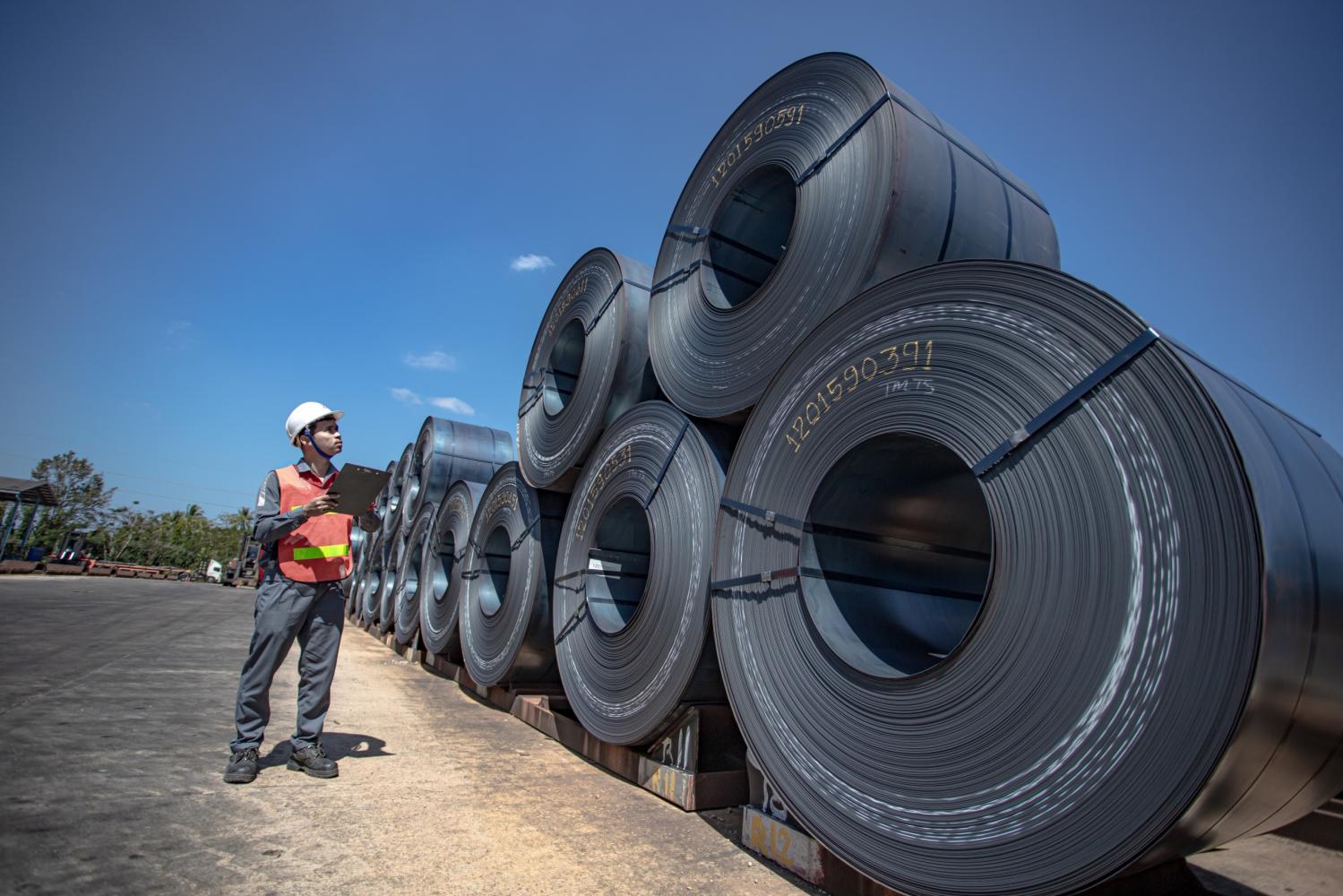
Sahaviriya Steel Industries Plc (SSI), a major Thai hot-rolled steel sheet maker, is seeing bright prospects for business in Thailand, driven by rising global steel prices though that may increase costs for steel users and the construction industry.
The higher prices are attributed to economic recovery, especially in China and the US, after many countries eased lockdown measures and implemented economic stimulus packages, the company said.
Win Viriyaprapaikit, SSI president and chief executive, said Covid-19 vaccinations are allowing the global economy to recover slowly, resulting in higher prices of certain commodities, including oil and steel.
"China is a major consumer of steel for its development projects. Its demand and supply affect global steel prices," he said.
China's steel production capacity is expected to be 1 billion tonnes this year.
Most of the steel is for domestic infrastructure development and 50-60 million tonnes has been set aside to be exported, according to SSI.
Its steel industry can influence prices, with steel billets increasing to US$700 (21,900 baht) per tonne, iron scrap increasing to $500 per tonne and peak iron ore rising to $600 per tonne.
Steel producers in Thailand should benefit from the price increase.
"Domestic steelmakers are aware of domestic steel prices, including those of rebar steel which is made of hot-rolled steel and is expensive, but they will follow global steel prices," said Mr Win.
Last year, Thailand's steel consumption stood at 16.5 million tonnes with 10.4 million tonnes imported and 6.1 million tonnes produced domestically.
To relieve the impact on steel users, Mr Win suggested they adopt risk management. Constructors should also hold talks with the government to adjust factors, often known as the "K" factor, in state construction projects in response to increasing global steel prices.